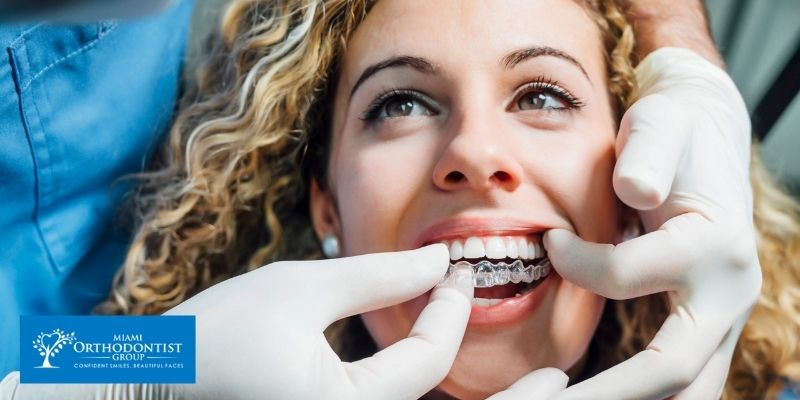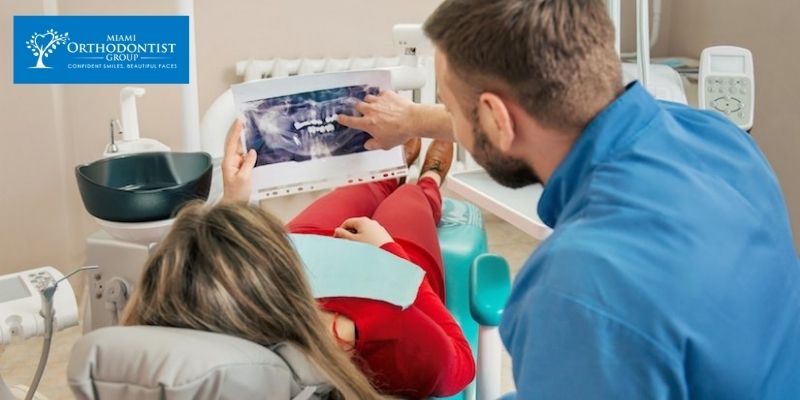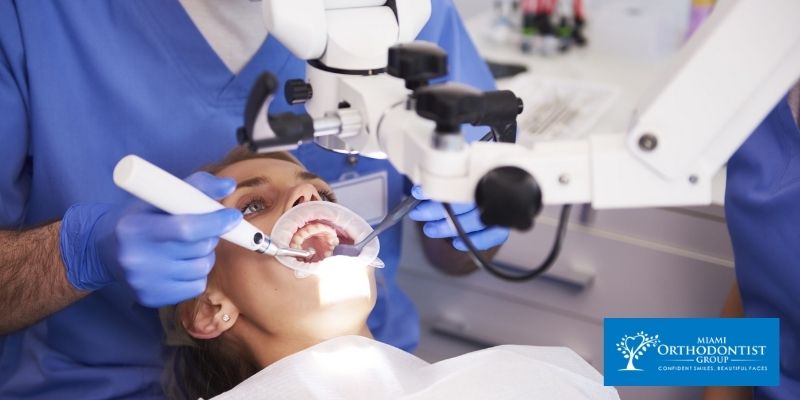While growing up, we were told of the different kinds of teeth that make up the 32 teeth in our mouths, but no one ever mentioned that there is something called “wisdom teeth”. We are going to find out what is wisdom teeth and what is the best time to have them removed when Invisalign treatment is required.
Smiling does a lot of tricks you know. It has a way of making an angry person calm, turning a bad day into a good one, make someone feel loved, welcomed, and appreciated. Smiling at someone may just be your ticket to getting an exclusive pass to things people have been scrambling to get for a long time.
When you hear wisdom teeth, it sounds like the teeth that are responsible for giving the carrier wisdom, but that is not what it is.
Wisdom teeth are the set of teeth that erupts when the bearer is in their late teens and early adulthood. It is called wisdom teeth because of the period it usually erupts among individuals.
It is found at the far end of the mouth, the part only visible when the mouth is wide open. The wisdom teeth are what are mostly used for chewing, especially very strong or harsh edibles. They are also known as the third molars. Not all adults have wisdom teeth. For some, it is not yet grown, while for others, it might be hiding beneath the gum line.
An orthodontist specialist is a dentist who specializes in straightening teeth and performs orthodontic surgeries when needed. They recommend that wisdom teeth should be removed when they are fully grown or can be seen.
This is because they stand a chance to cause possible oral health issues in the future as they are more prone to infections. The reason why they are prone to infection is that since they are the last set of teeth to erupt, they are mostly not in proper alignment. They are usually hard to clean, unlike every other tooth.
For many others wisdom teeth that are fully grown are also prone to infections; this is because it is difficult to floss them, either using the single floss or the floss with handle. These Wisdom teeth are found at the end of the mouth, so it is quite difficult to maneuver your dental floss in-between the teeth.
What Is Invisalign?

Invisalign is a transparent brace that is worn on the teeth. It is an orthodontic treatment for those patients whose teeth are not straight and those who experience one or more bite irregularities. Some individuals have spaces in between their upper and lower teeth, thereby resulting in an open bite. Certain other individuals experience underbite, which means low bite productivity. The teeth do not have the capacity to crush things well. Another category of people is those with an overbite. Their upper teeth tend to overlap their lower teeth. This also causes issues.
These various bite irregularities are dental issues that an orthodontist specializes in treating. The orthodontist will have your teeth scanned and afterward get an Invisalign suitable for your teeth size, which will align your teeth in the right direction. The Invisalign, as the name implies, is an aligner. It is usually plastic in form and transparent. It is fitted onto your teeth, and it could not be easily identified that you are wearing braces on your teeth.
Patients who do not want people to be aware that they are trying to get their teeth aligned or fix their bite issues usually go for Invisalign because it is not noticeable. Although, the patient wearing the Invisalign will always be aware that they are wearing an object on their teeth. The Invisalign is removable, so before the patient is to have their regular teeth routine, they are to remove the Invisalign, also do the same before eating any meals.
Now that we have been able to understand what wisdom teeth and Invisalign are, we will now look into whether there is a need to remove the wisdom teeth before undergoing an Invisalign treatment.
When Is The Best Time To Remove The Wisdom Teeth? Before Or After Wearing An Invisalign?

Although wisdom teeth help us to chew hard and strong edibles with ease, they stand a greater chance to get infected by bacteria in the future. This is because:
1. Where they are located in the mouth.
2. The difficulty experienced in flossing in between the wisdom teeth.
Due to these reasons, orthodontic specialists recommend that these wisdom teeth be removed from the gum to prevent future oral issues.
Now, talking about individuals who need to have their teeth straightened or have a bite issue to fix and have received a prescription from their orthodontist to wear Invisalign for correcting those teeth issues may need to get their wisdom teeth extracted before beginning the Invisalign treatment, and here is why.
1. The wisdom teeth situated at the far end of the mouth usually do not face the same direction as the rest of the teeth. They are usually slanted, unlike the other teeth that grow straight upwards or downwards, these wisdom teeth have the tendency of moving the position of the tooth that is right before each one of them, causing them to be misaligned.
2. Patients who have had their teeth aligned through Invisalign treatments may have to repeat the treatment right after their wisdom teeth have erupted. This is because the appearance of the wisdom may have caused their other teeth to be misaligned, thereby causing the teeth to appear misaligned.
Orthodontists mostly suggest to patients who have not extracted their wisdom teeth before coming for an Invisalign treatment to first go for extraction before coming for the Invisalign treatment. Doing this will save you the stress and pain of repeating your treatment.
There have also been situations where patients, who are already having their Invisalign treatments suddenly found their wisdom teeth growing. At that point, they will need to stop their Invisalign treatment to have their wisdom teeth extracted so that they can get a good result after they continue their Invisalign treatment.
Conclusion
Having your wisdom teeth extracted is a great step towards maintaining healthy oral hygiene and having them extracted before going for an Invisalign treatment will help you secure a successful result in aligning your teeth. You should consider visiting an Orthodontist today.


